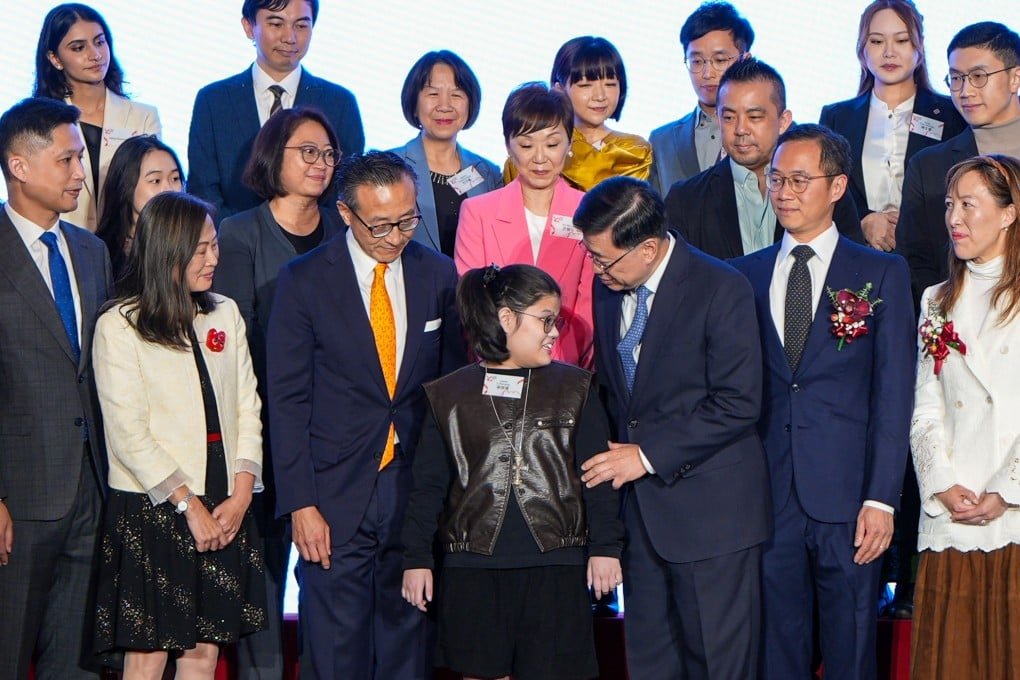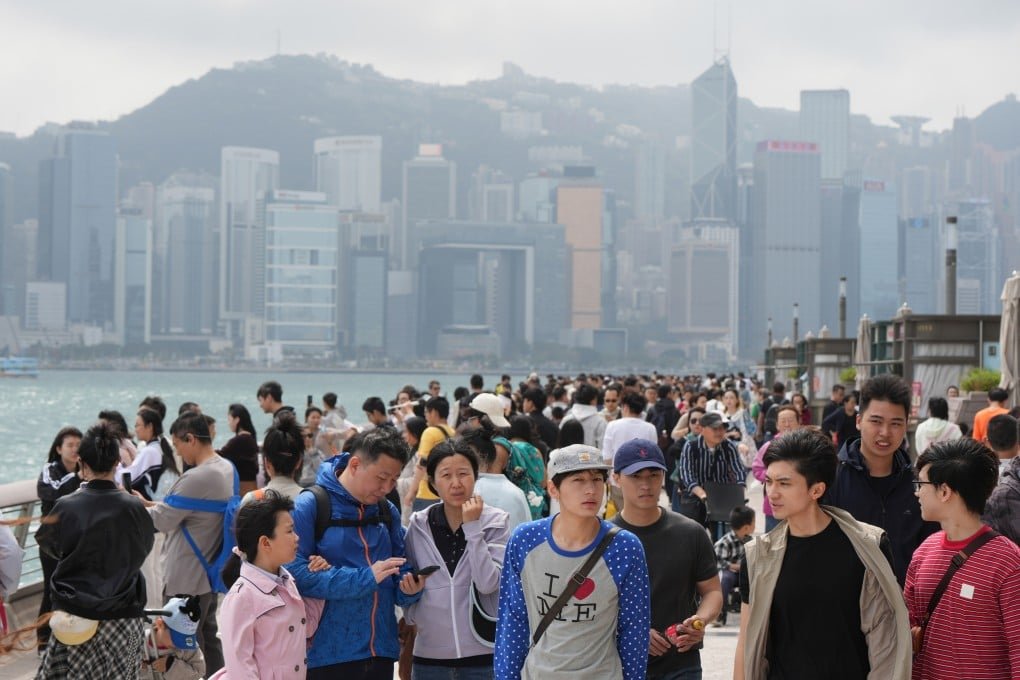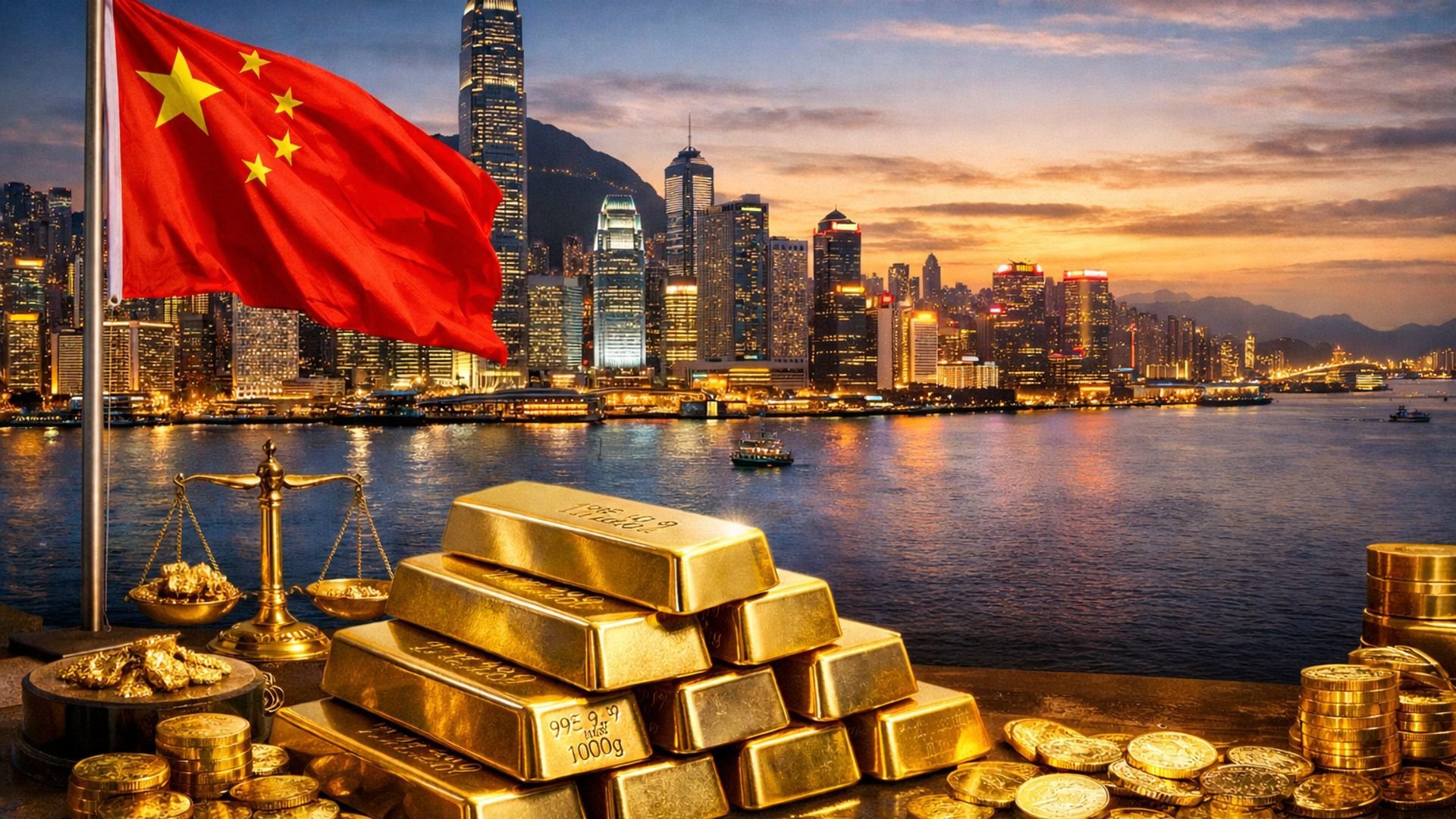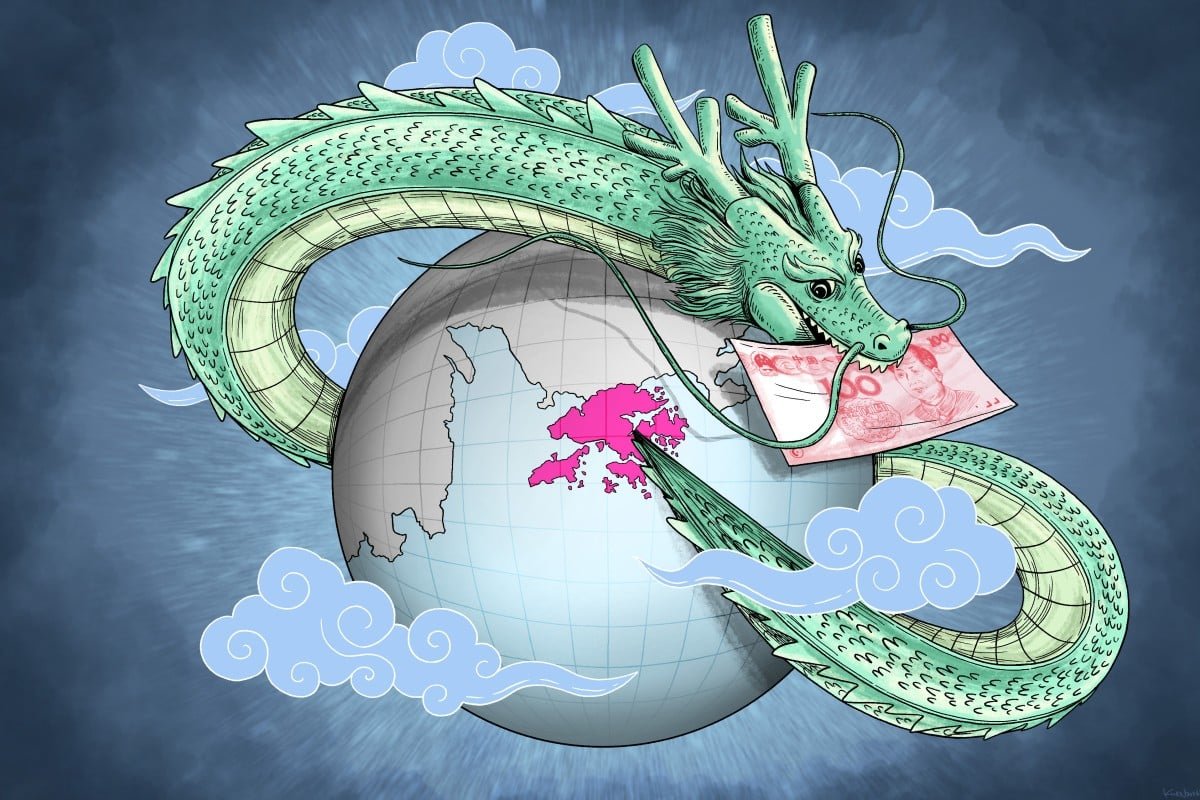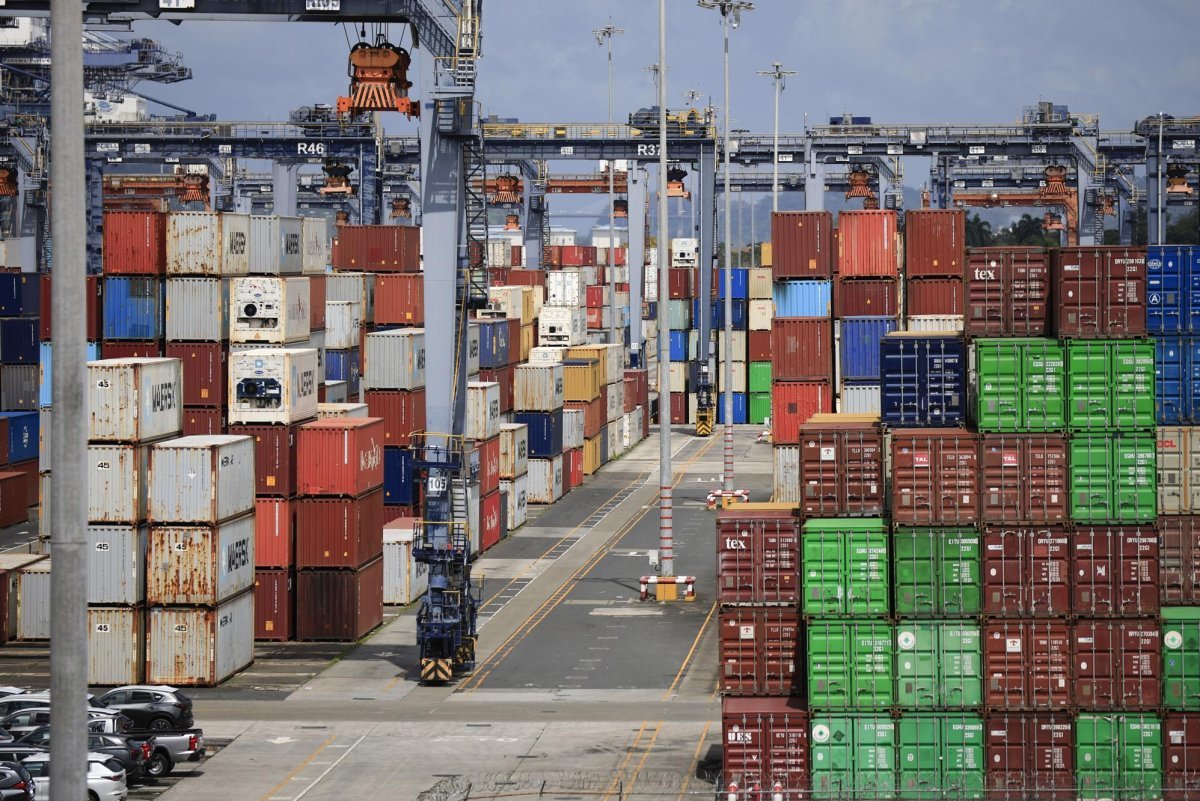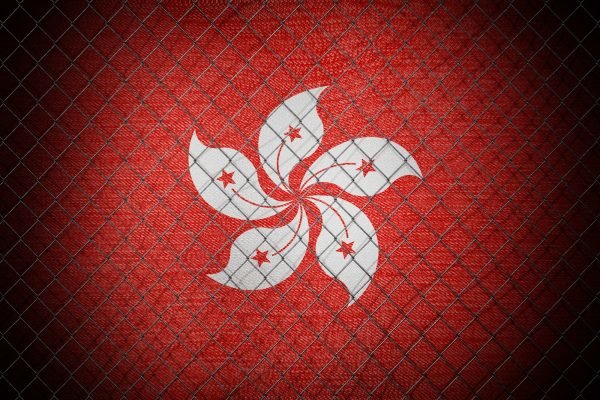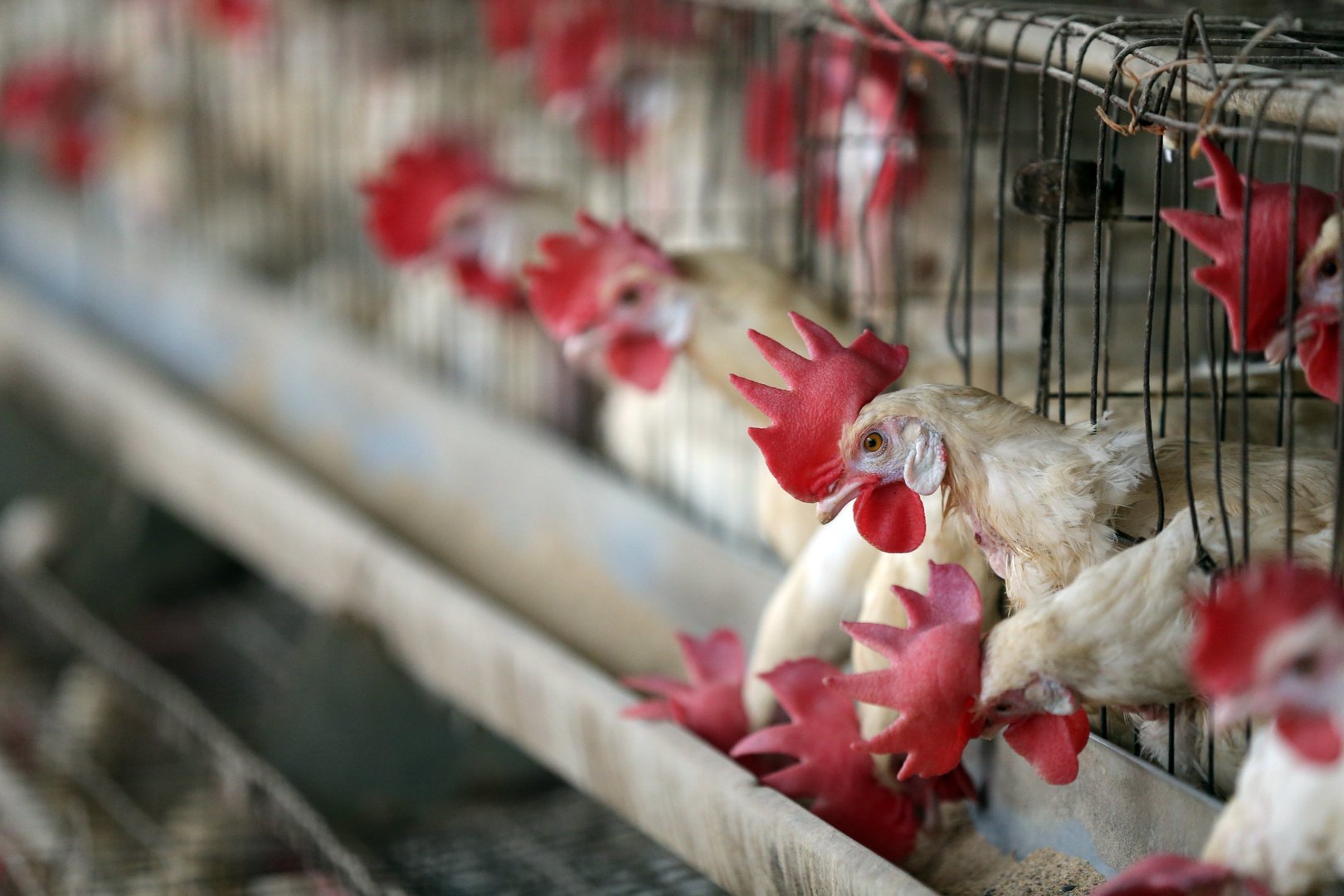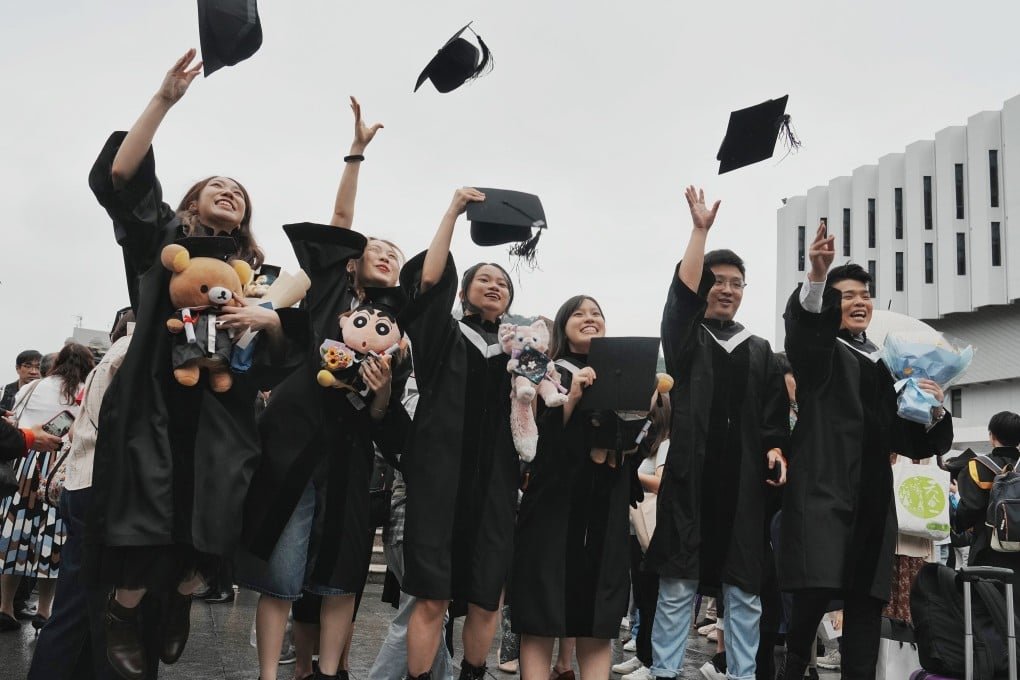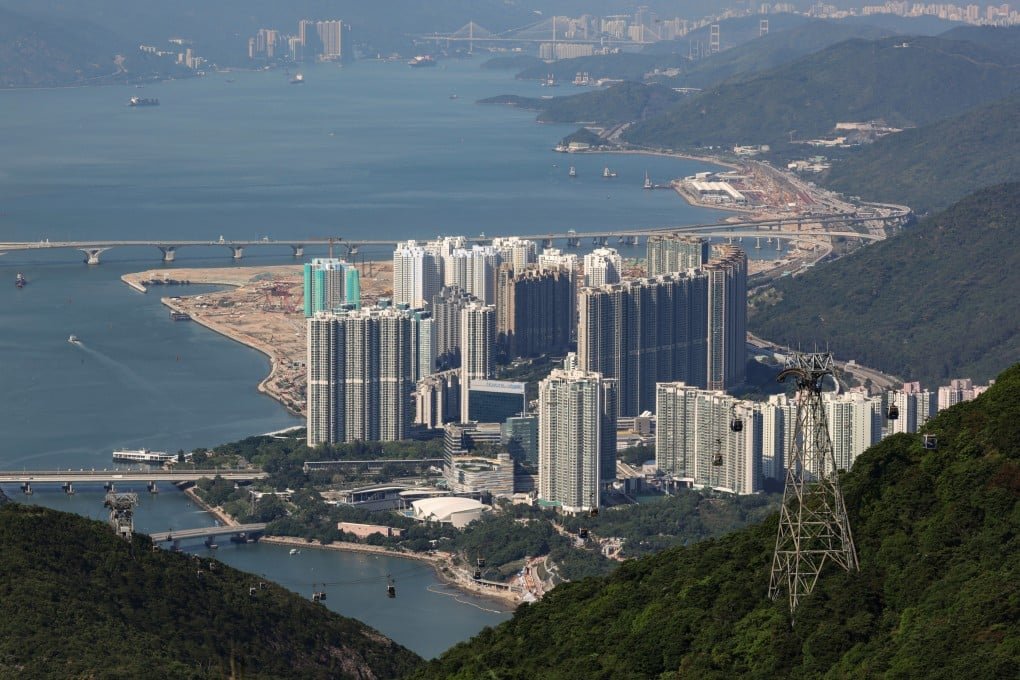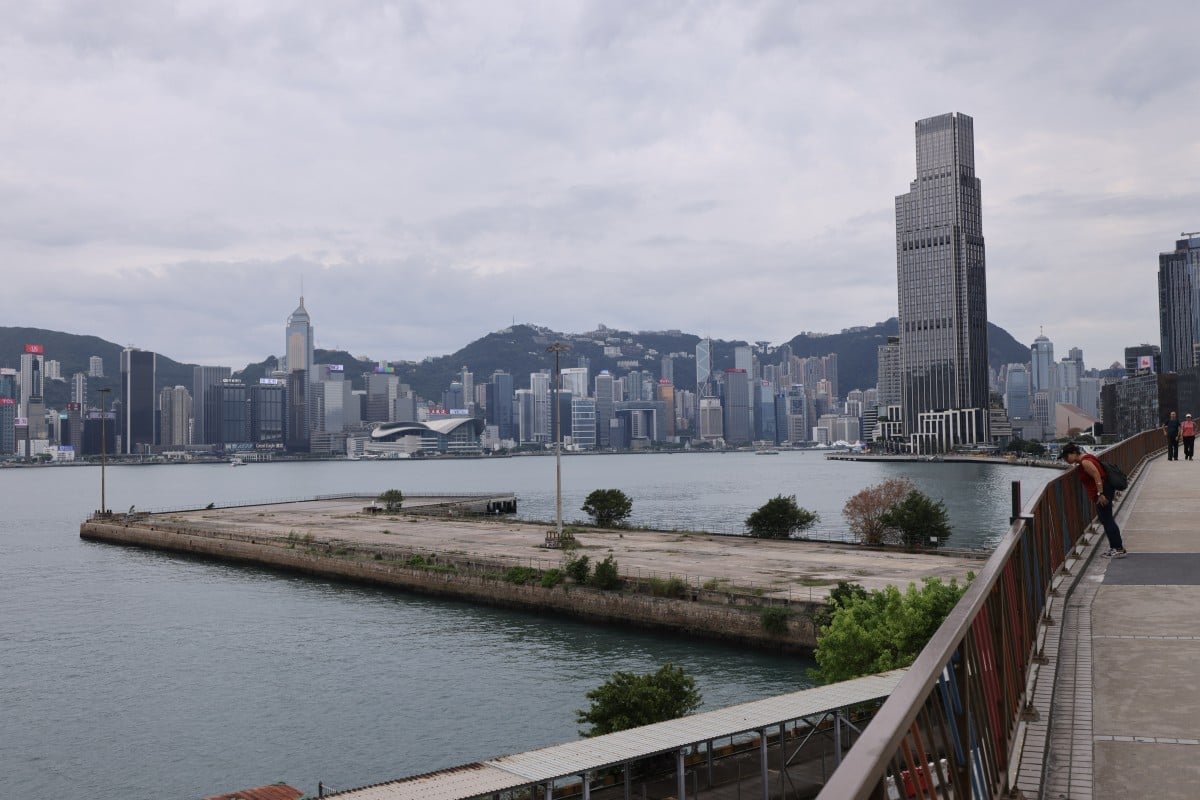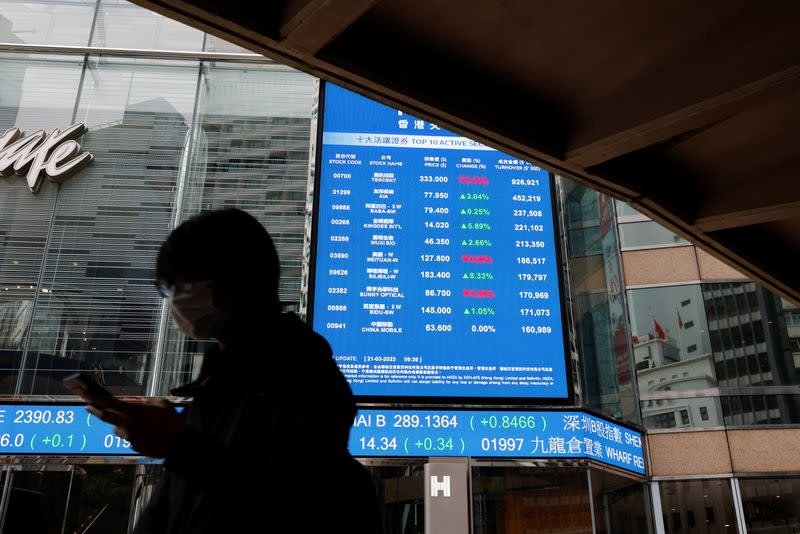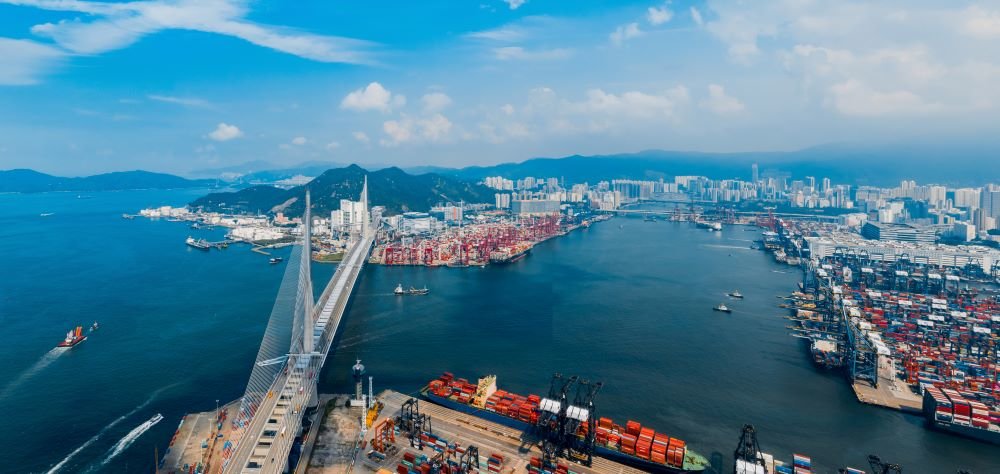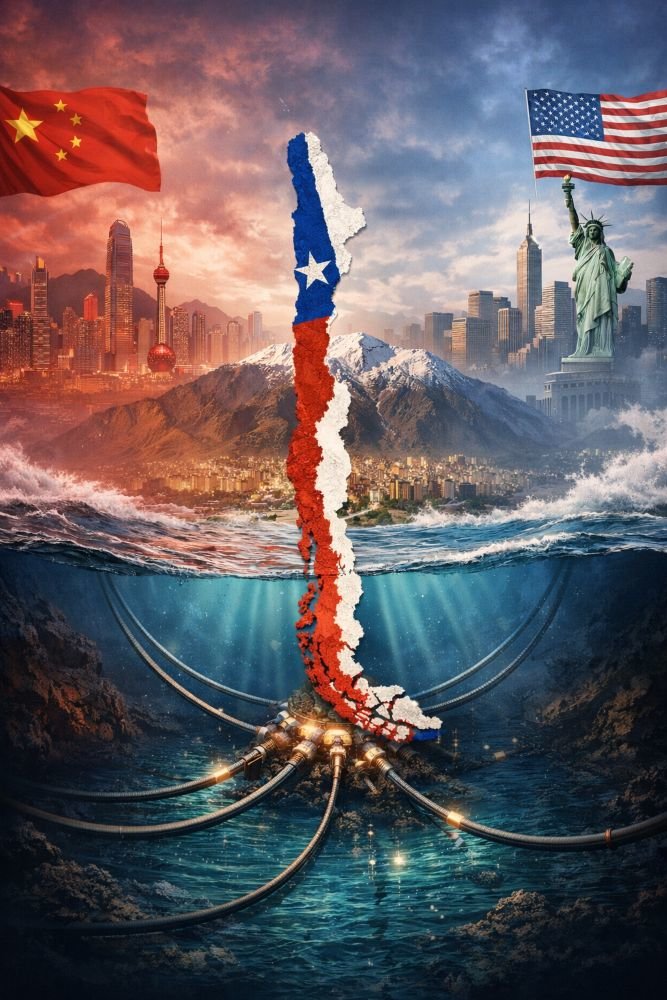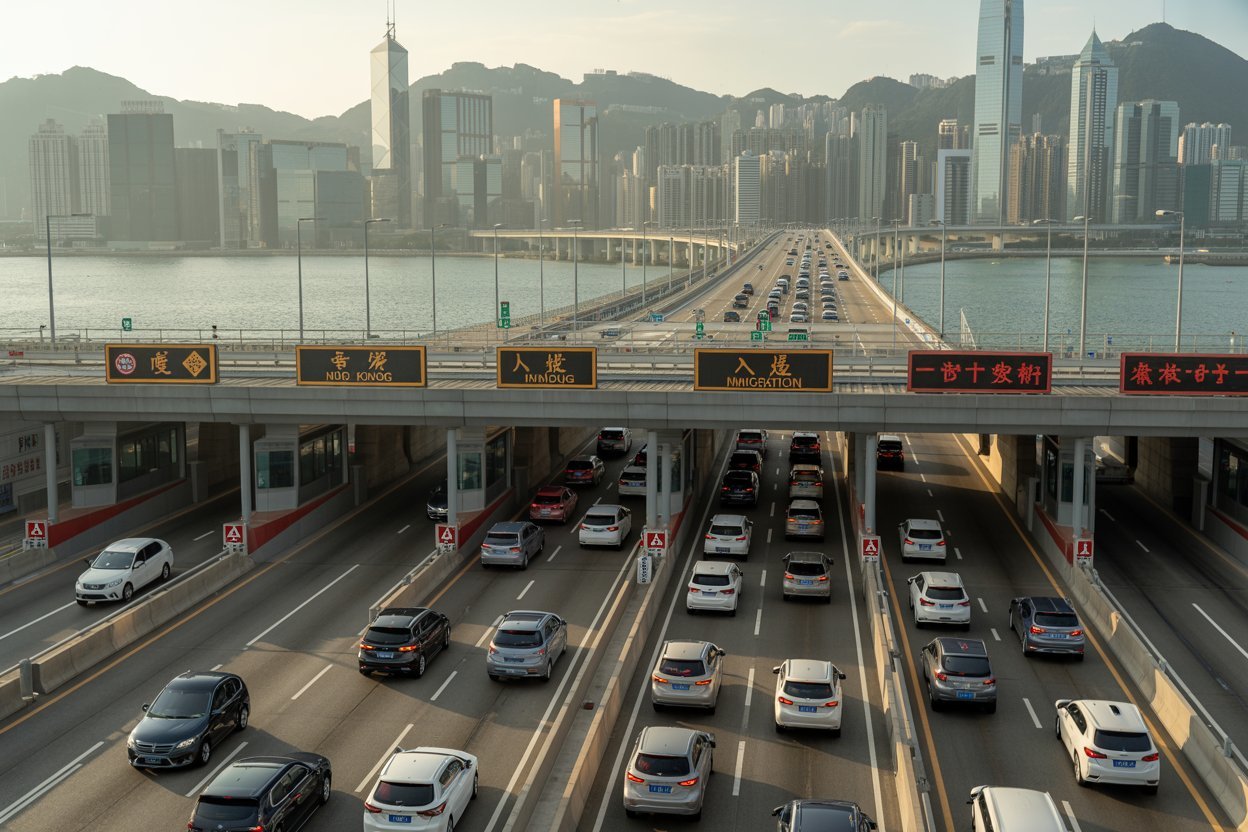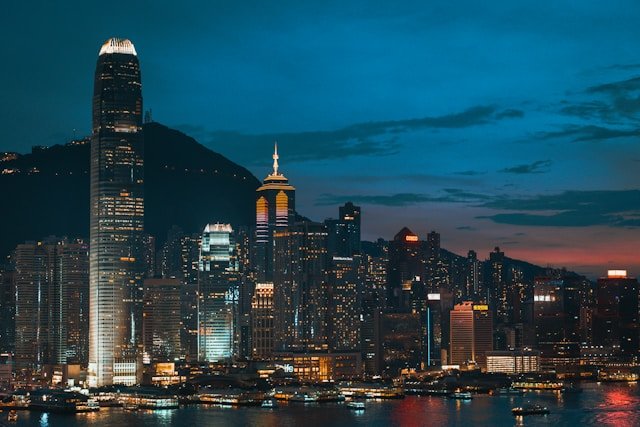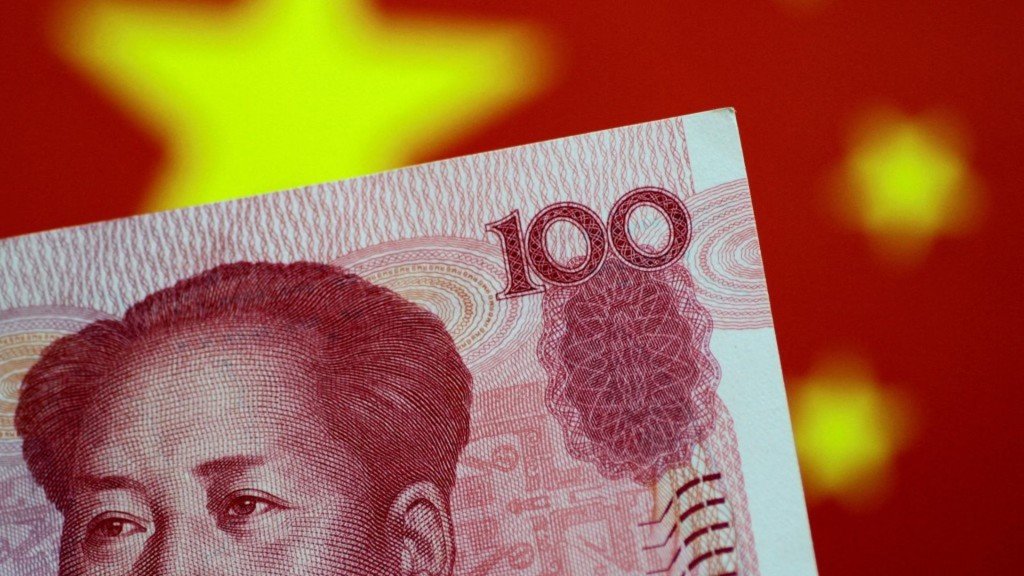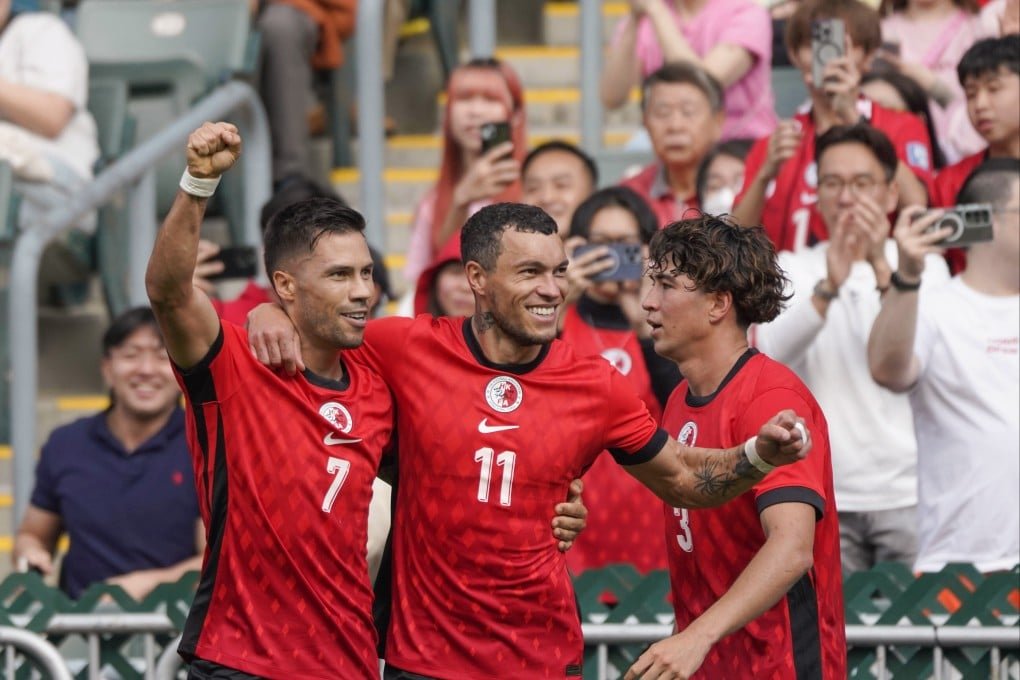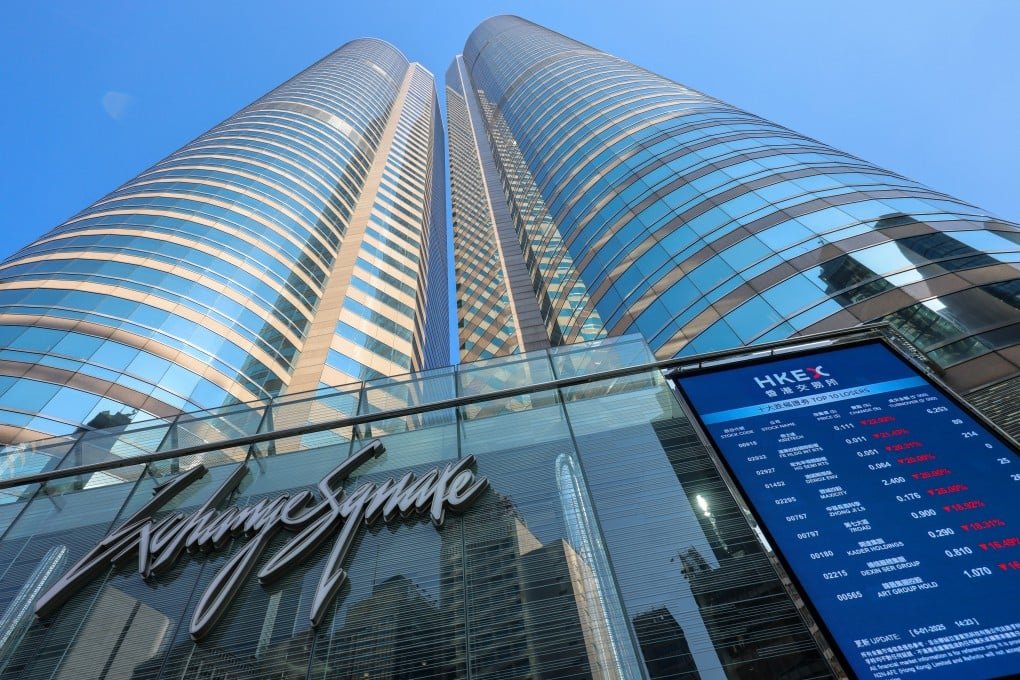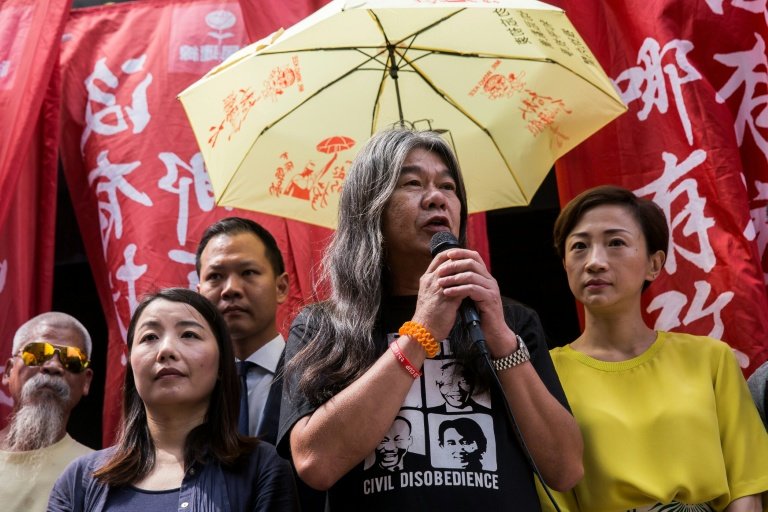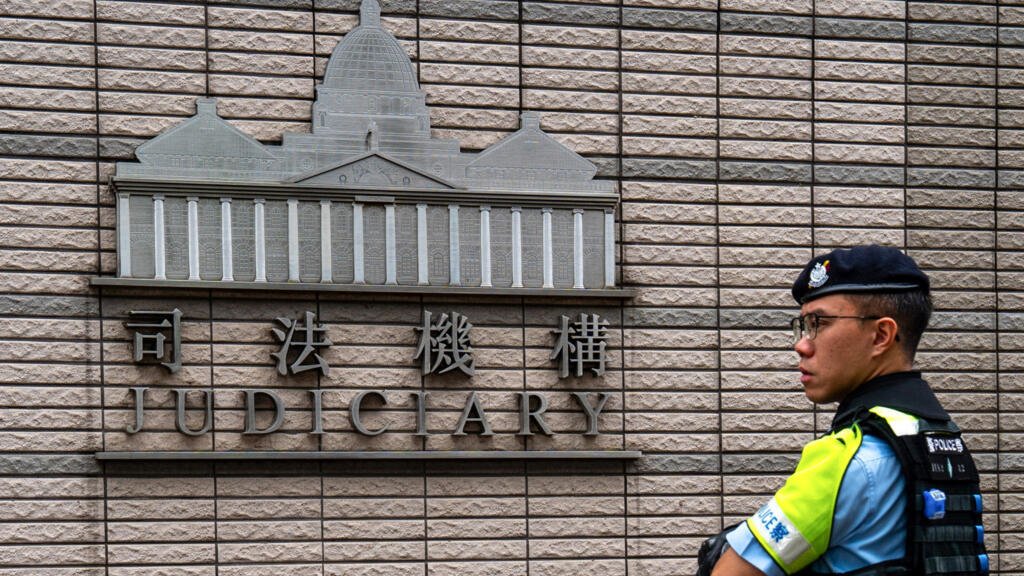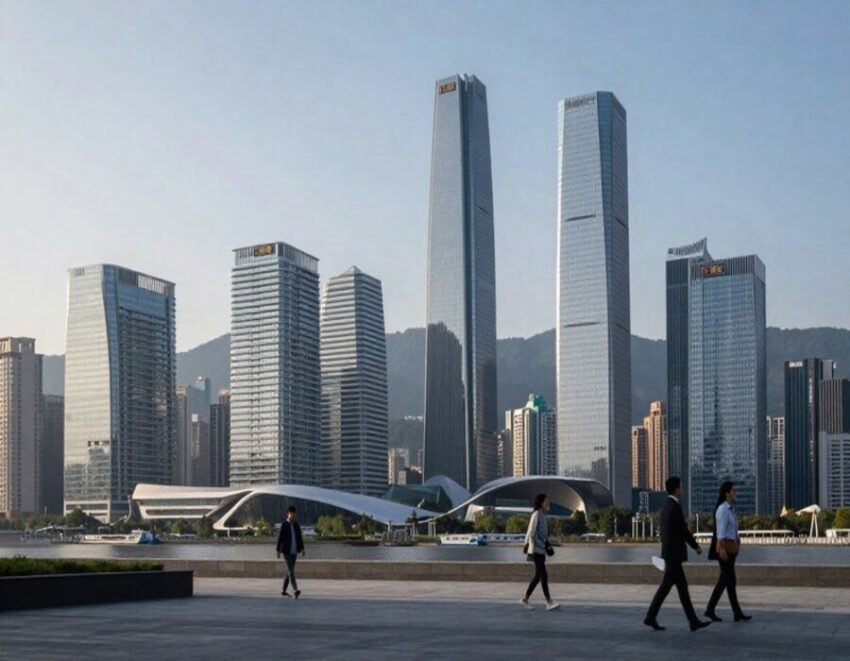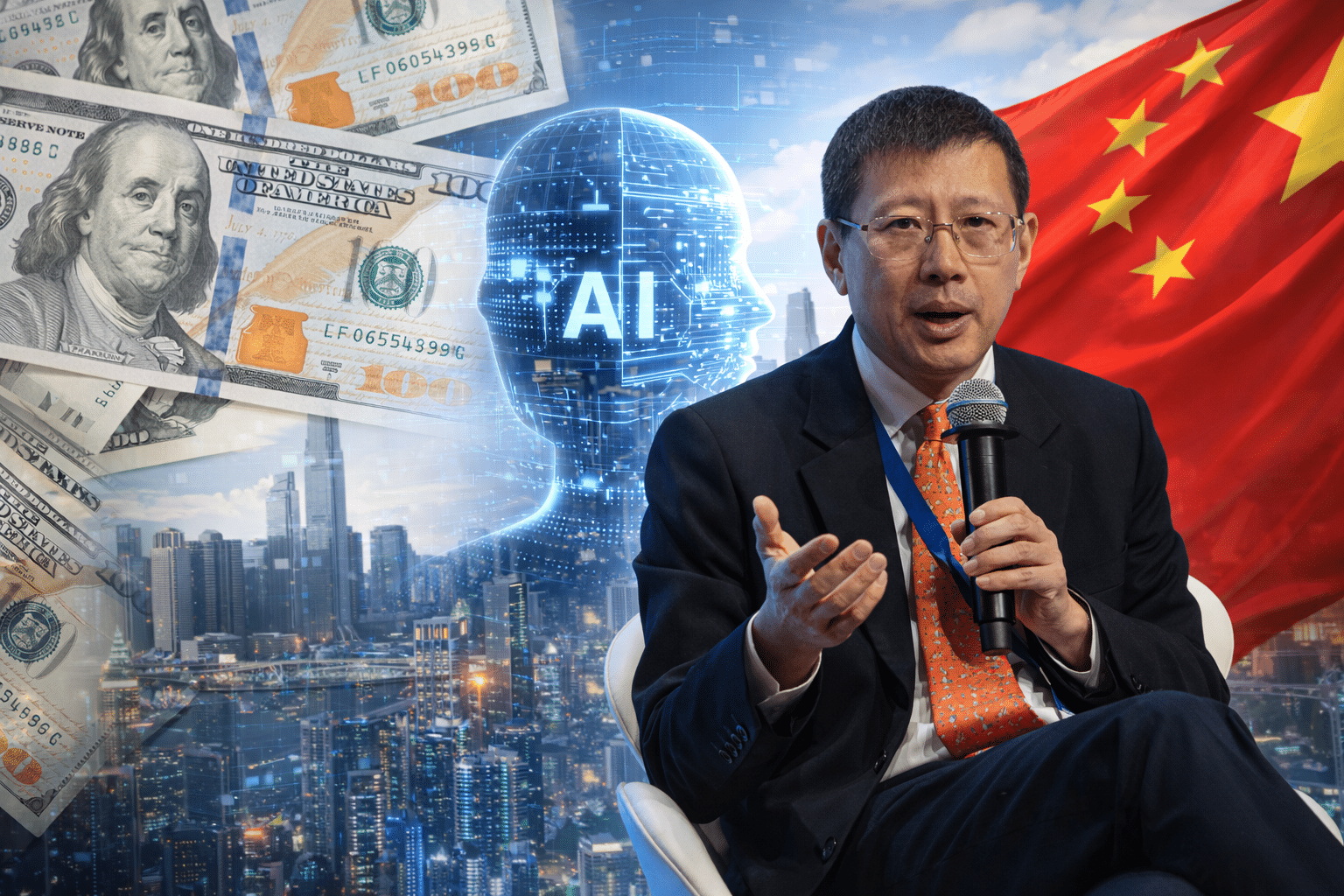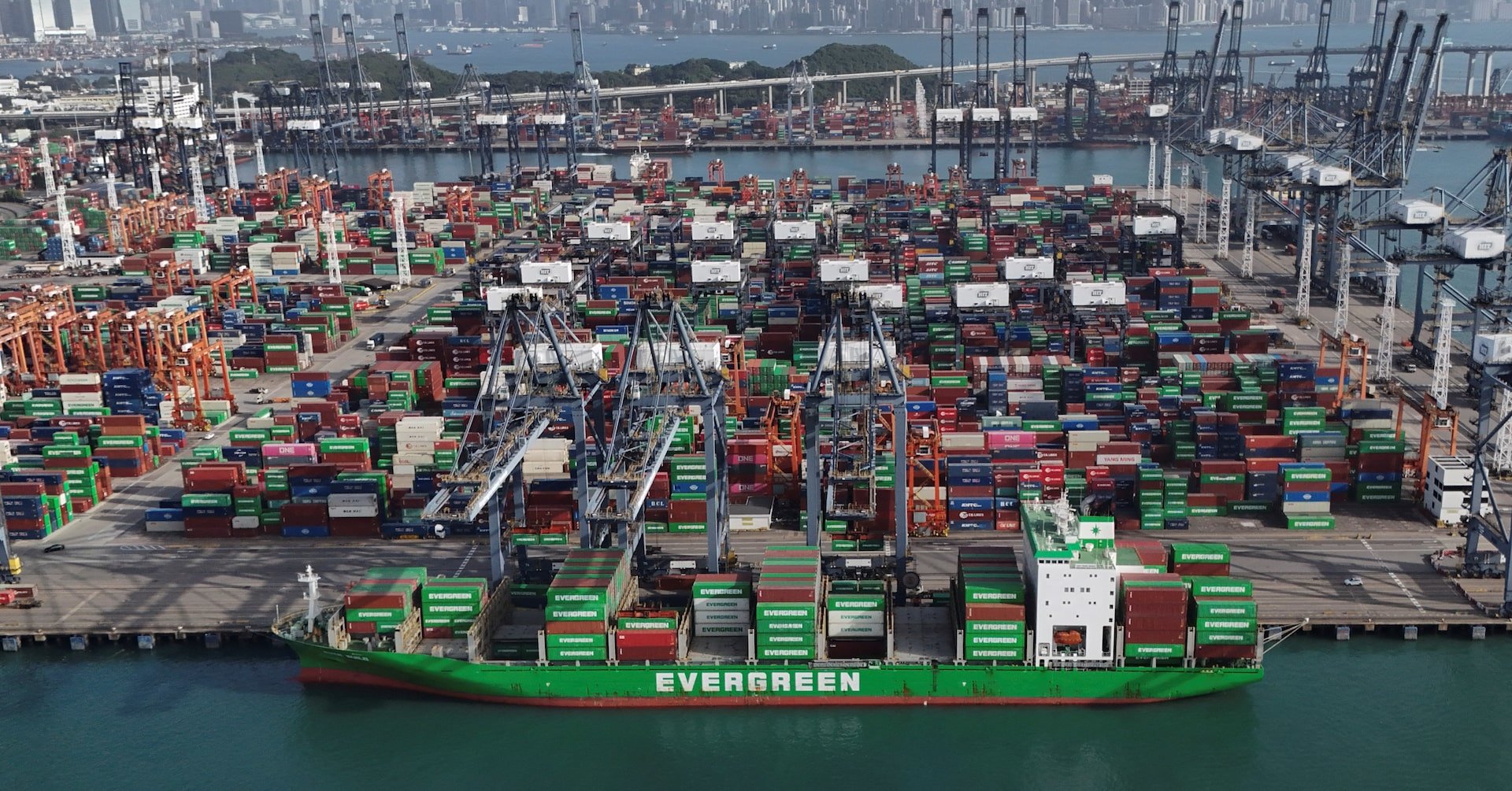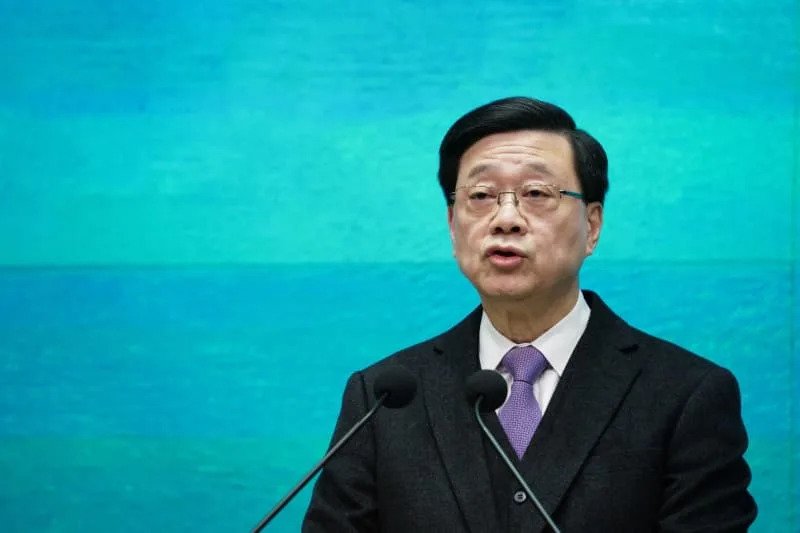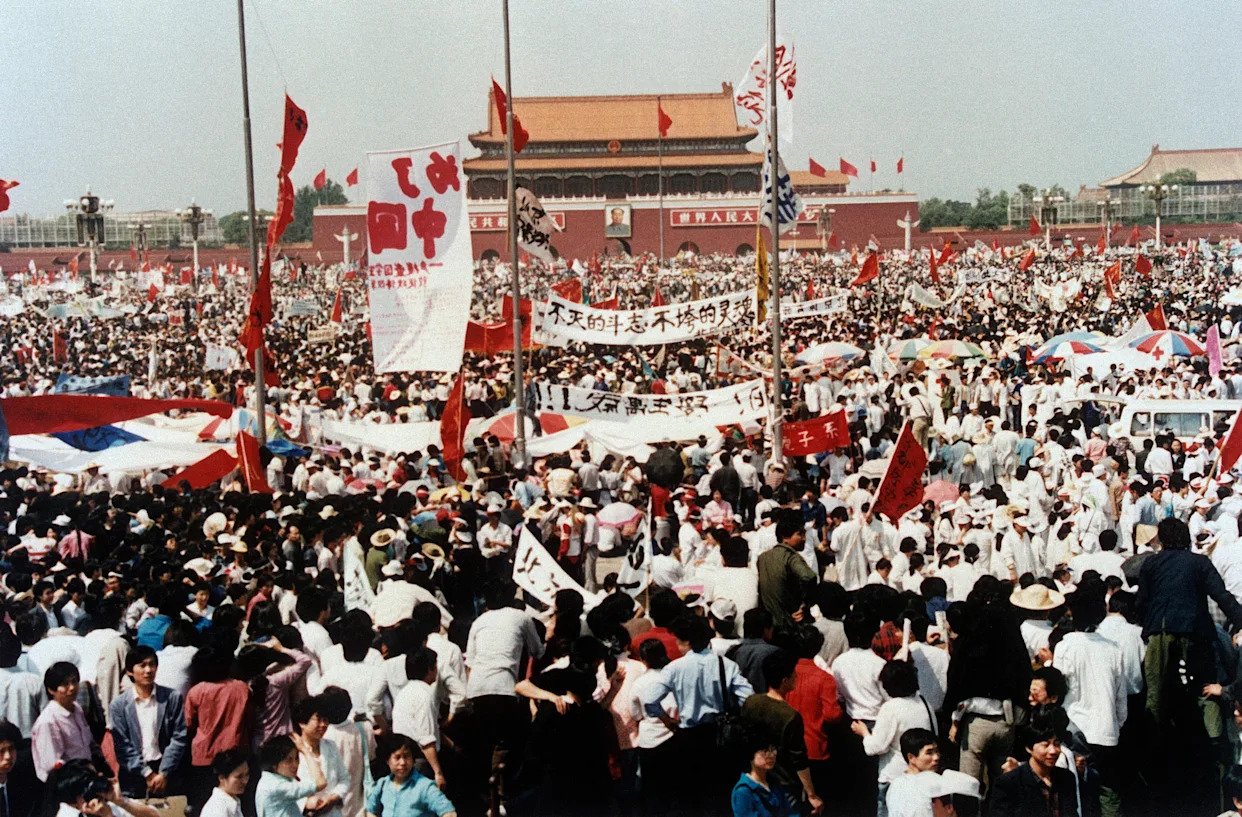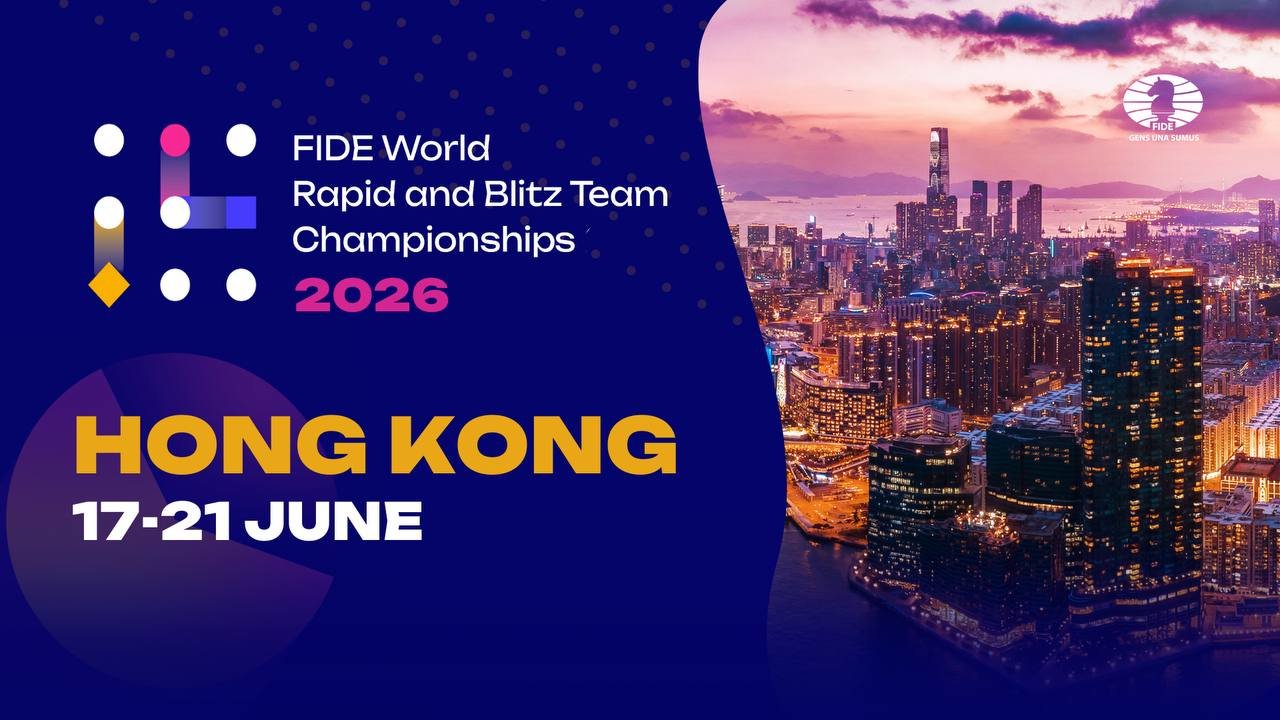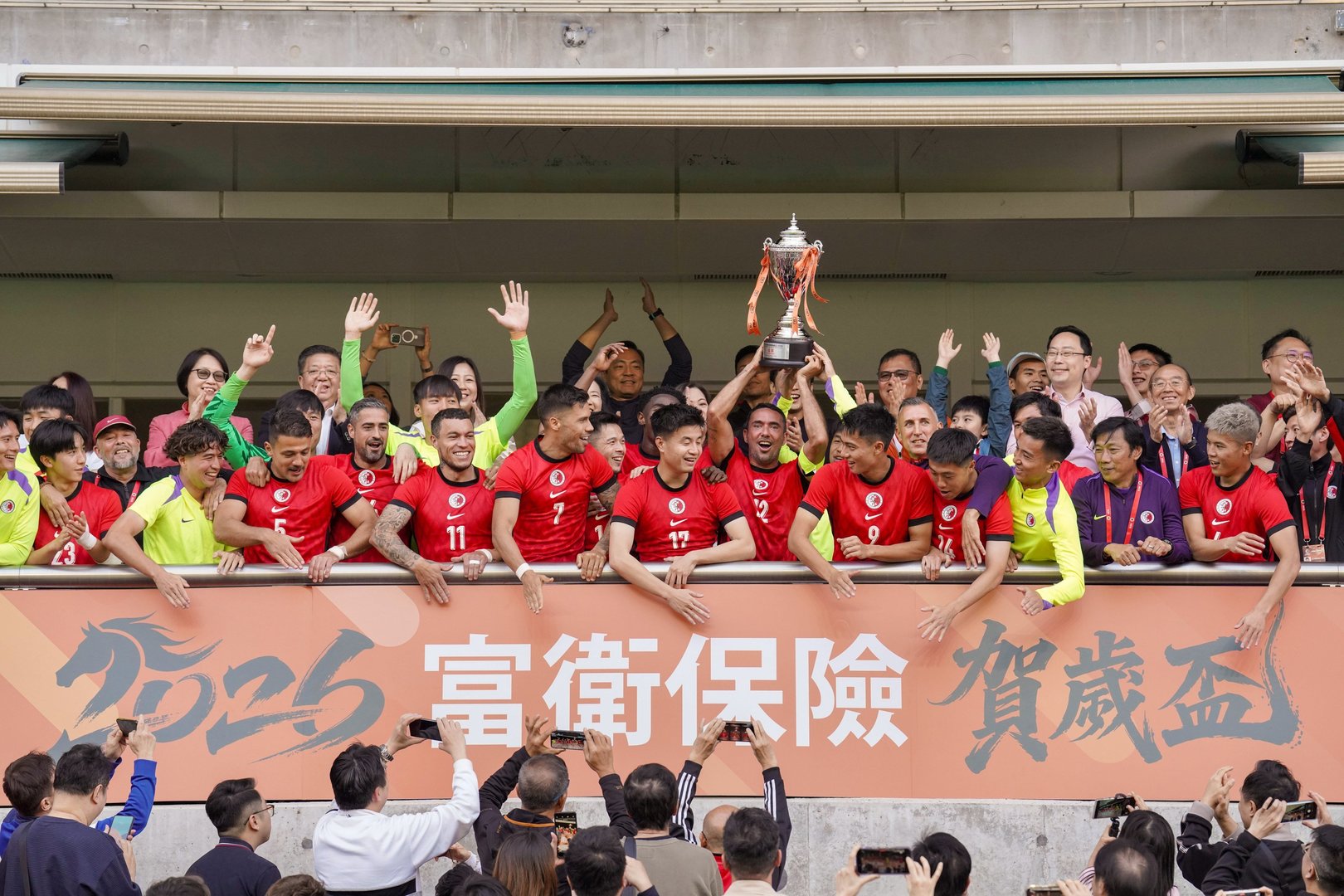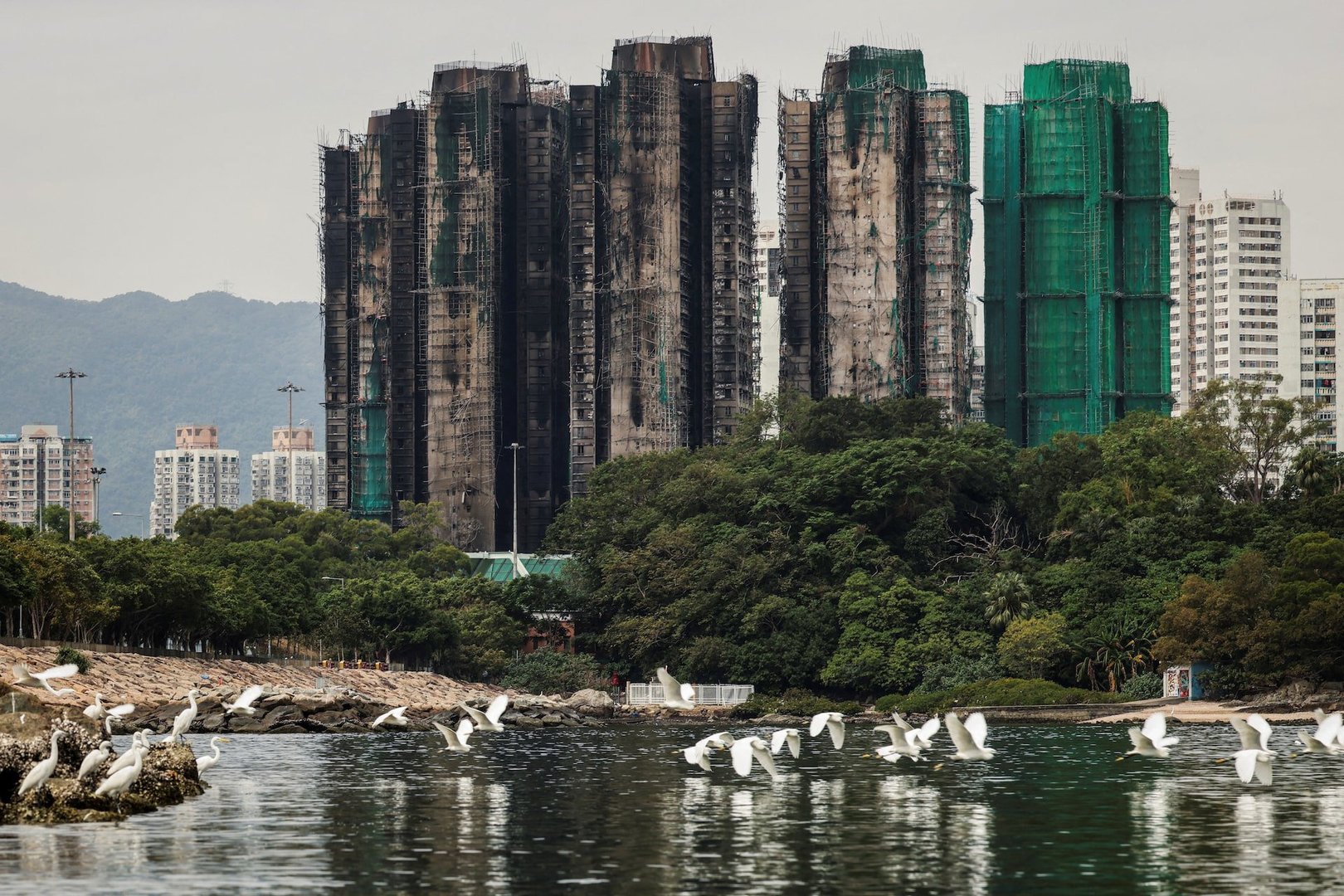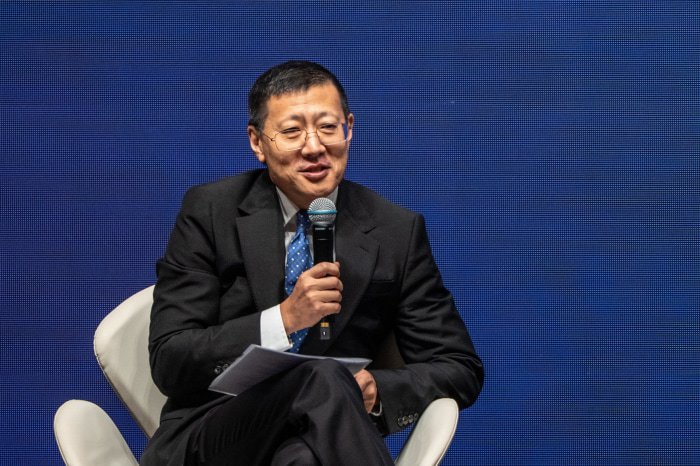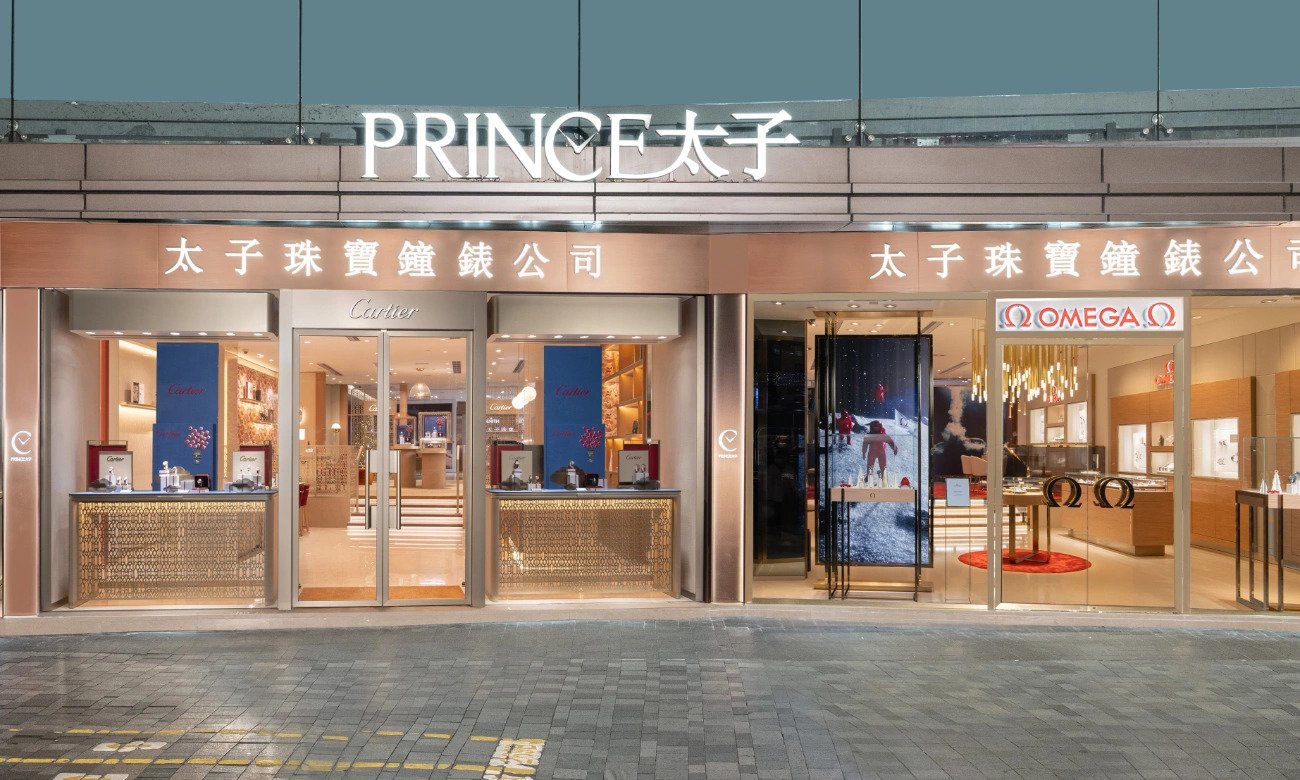Mr. Richard Moore's public appearance and detailed speech is not only a commendable masterpiece in itself, but every word in his speech is worth studying, digesting, analysing, and greatly appreciating, for the depth and importance of the content itself. However compliments are dangerous because they lead to complacency and overconfidence, and I believe that constructive criticism, even when unpleasant to the ears, is the practical expression of sincere caring.
So here we are:
Mr. Moore praised the help and cooperation that MI6 is receiving from MI5. One does get the impression that these two British security bodies work with each other more fully and effectively than similar organisations in other countries, where competition, egos and conflicts of interest interfere with the cooperation that is so vital between each country's international and internal intelligence agencies. So yes, that's good.
But Mr. Moore emphasises in his speech the special importance of this collaboration in the technological age.
And this is not what I expect to hear from someone whose job it is to think ahead, with an eagle-eye view, paying particular attention to what is outside the box.
1. MI5 and MI6 unification
In my opinion, what is missing in Mr. Moore's speech is a call to unite the two classic intelligence bodies, as the sum would be greater than the parts.
The classic separation between the roles, tasks, and legal framework separating MI5 and MI6 is outdated, and is now much more harmful than beneficial. Let me explain.
Our current era is characterised by universal technology that represents more power and wealth than is held by even the largest states, and by population mass driven by mass immigration (from the Third World, EU workers and oligarchs). Territorial borders and nationalities have been rendered meaningless, as all-powerful and all-pervasive technology facilitates the free movement of millions of people (and capital, and ideas). In the words of Thomas Friedman, "The world is flat".
It is an era where there is a complete blurring of the differences between the world of individual or organised crime, managed locally or remotely, and the world of defensive and offensive state-intelligence. The differences are now also blurred between crime carried out by an individual, organised crime run by a mafia, and a cyber attack carried out under the auspices of adversarial or even "friendly" states.
It is an era where the electronic shutdown of critical infrastructures like electricity, or a chemical or biological attack against food or water infrastructures by a domestic criminal/terrorists/hacker, can do much more damage than ballistic missiles from foreign terrorists or countries. The new reality is that the potential damage of a single threat from inside is greater than that of an attack from an enemy or hostile state from outside.
The motivation behind an attack no longer has to be political but could just be poverty, religious, ideological or simply the extreme frustration of a lonely and talented bitter person. The boundaries between terrorism, crime and war are no longer what they used to be.
Likewise the difference in the definitions of hostile countries, friendly countries or countries that are only seemingly friendly, has become completely blurred. Defining China, Russia and Iran as the biggest threats to the UK while ignoring the conflicts of interests with the EU - as a whole and also with its parts - is not something that should be uttered by the head of MI6, or by anybody else who knows history.
The '"friendly" EU has interests which give it - and its constituent parts - reason to interfere with the UK's democracy, no less than has Russia or Iran. And the UK is not now at any level that will trouble the interests of China. Not anymore.
This is an era where offensive and defensive intelligence, external and internal, should be one. When the world is truly flat, there's no difference between looking out and looking in.
This is an era where the separation between the two intelligence bodies divides their ability to face the challenges, rather than doubling their efficacy. This is an era where the strategy of dividing the intelligence agencies does not strengthen the ability of the "system" to better control them, but just weakens their ability to operate effectively.
The good reasons to keep the two powerful and important organisations separate should be addressed differently, according to the new world, and not by dividing their intelligence capabilities and resources.
This is an age where budget, resources, knowledge, and talent need to be aggregated rather than dispersed. The chances of one team scoring two goals to win a match are greater than the chances of two separate teams scoring one goal each.
This is an age where information is no longer like wine but like milk. Intelligence information no longer improves over time like wine, but becomes useless in a short time, like milk.The new name of the game is not quantity (that's the name of the new problem), but real-time understanding and actions.
This is an age when the name of the game is not just the fruitful sharing of information openly between intelligence organisations, but an age when intelligence collaboration is effective only when the information is fully synchronized, combined and analysed in real time. Thus, we need the internal and external arms to be working together, as one.
The huge difference between classical intelligence and intelligence in the technological age is that the challenge has long been not how to gather as much information from as many sources as possible, but how not to drown in the stormy waters of the vast ocean of information that is being collected. It accumulates in quantities far beyond the capability of computing power to be analysed effectively, and way above the capacity of decision-makers to understand meaningfully.
The challenge of the modern age is thus no longer the gathering of information, but the understanding of it. The challenge is to analyse the information, translate it into understandable form (not by AI only), and take immediate action steps (not retroactively when action is already too late).
The modern world is no longer an era in which an intelligence organisation has to guess the intentions and plans of its adversaries, but rather to shape them, influence them, and harness them, consciously and unconsciously, through Engineering Consciousness and Thoughtless Awareness.
2. Underpaid intelligence services employees
The world has changed. The outdated worldview of classic intelligence services has indeed taken a few technological steps forward, but the technological advance is nullified when it is pushing against powerful headwinds.
A dedicated, decent and talented employee in the intelligence services should no longer be considered inferior, suspicious or corrupt just because he too naturally wants to enjoy the abundance, luxuries and pleasures that the new capitalist world has bestowed upon the intelligence targets he's pursuing.
Exposure to the luxuries and pleasures of life is no longer the domain of a secret closed club. Intelligence service workers also have children, spouses, and are exposed to Instagram, TikTok, Facebook, and Mega-Malls. They are bombarded daily with news about uneducated children who have become millionaires and billionaires thanks to investing in cryptocurrencies, NFTs, or just by speculating in the stock market.
Intelligence service workers are also exposed daily to secrets which the law enforcement system itself does not expose.
They are exposed to governmental corruption, which is blocked from being investigated and exposed by the law enforcement system. Corruption that has long become the norm in public service and the political systems of the developed world. Corruption that no one really bothers to hide too much, but on a scale that can no longer be hidden from government intelligence agencies.
The UK's intelligence services are also partners in seemingly commercial technology and financial ventures, led by - more or less - friendly intelligence services. These ventures, which are supposed to look like completely commercial businesses, have greatly enriched the many thousands of junior and senior employees of these semi-commercial-companies, employees who are in fact civil servants. But they are civil servants who are enjoying a life of luxury, abundance and unprecedented wealth.
All this creates a natural, human desire in every employee in the intelligence services, as for any humble person with worthy values, to provide for themselves and their families the highest standard of living possible. And they can see what is possible from the extravagant lifestyles of their lucky "commercial" colleagues, and of the corrupt public servants whose offences are covered up and granted immunity by the law enforcement system.
The modern intelligence services employee deserves and is entitled to enjoy the luxuries that are available not only to a small, exclusive, secret elite as in the old days, but nowadays also to the masses. The intelligence service employee does not deserve to be excluded from the luxuries and comforts that have long been the norm for the new middle class.
To want to enjoy the pleasures of life like any normal person does not disqualify a person from serving his country, and to do so is not in conflict with the dignity, integrity and loyalty expected of members of the intelligence community.
It is dangerous to ignore this new reality of modern market conditions, and foolish to shy away from refreshing the business model under which intelligence workers are employed. Without the incentive and stimulation of a technology-era business model, the most talented workers - and also the middle-talented - will look elsewhere for better remuneration and job satisfaction. At best they will look to America, but most likely to Asia. And from there it's an extremely short road to serving China's interests through a Chinese-controlled company.
3. The case of Hong Kong, and Taiwan
What i am going to say here might sound controversial, but not to honest people and independent thinkers.
The words that bothered me the most in the speech were Mr. Moore's remarks about Hong Kong.
It is true that the role of the intelligence chief is to lie, but it should be done in such a way that the audience doesn't get the impression that they're regarded as stupid.
Contrary to cheap propaganda and the UK's national weakness of describing whatever it doesn't like by its own double standards, Hong Kong was never a democracy. Not when Britain ruled it too. Never.
In fact, since the Hong Kong Special Administrative Region was freed from British occupation and returned to the ownership of its motherland, China has allowed it to have even more independence and autonomy than it had when it was ruled by the un-elected, external, foreign British Governor.
Since Hong Kong was freed from British rule, it has become richer, more modern, much more developed, and with far fewer colonial rules and regulations. Numbers are not like spies. They do not lie.
China never over-interfered with Hong Kong's independence until masses of brainwashed schoolchildren violently attacked the fabric, infrastructure and authorities of Hong Kong. For one whole year, they committed shocking acts of terrorism, explosions, arson, sabotage, wounding and killing innocent people along the way, with the support and encouragement - that's an understatement - of Britain and its partners.
The British and their allies continue to support the revolt, demanding that China be forced to withdraw from the territory, and allow Hong Kong total independence and democracy. This British push for Hong Kong to secede from China, its original homeland, is of course contrary to the agreement signed with Britain for the 1997 handover.
What did China do in Hong Kong before - or even after - the rebels initiated daily terror attacks that the UK does not do every day in Scotland, Wales, and Northern Ireland? What are the exact freedoms that Britain allows it's occupied territories that were missing in Hong Kong?
What would have happened if China had encouraged murderous acts of terror that lasted an entire year in London, demanding that Britain be forced to allow Scotland, Wales, and Northern Ireland to become absolutely independent, full democracies? Not forgetting the Falklands, the BVI and the other Overseas Territories in the "Commonwealth" (an interesting coagulation where the White British Wealth is not so common).
I have no problem with propaganda and lies emanating from intelligence people. Misinformation and disinformation are a vital part of the intelligence community's toolbox, and have been since biblical times. But I have concerns when high-level intelligence officers appear to believe in the nonsense they feed the masses.
This self-delusion leads to intelligence disasters of the kind that led to Britain waging a massively destructive war in Iraq based on fake reports, and then to Britain staying twenty years too long in Afghanistan for no discernible benefit.
Hong Kong is part of China. And Taiwan is as well. Just as Florida, Texas, California and New York are all integral and indivisible parts of the United States of America, despite however many voices might seek to disengage their home neighbourhoods from their Homeland.
When the Southern States of America sought to break away from the Northern States a terrible civil war broke out, until the common interest of being united finally prevailed, to the benefit of both sides. Any lingering dissatisfaction, distrust and discrimination belong to the rich and complex history of the United States, but they do not alter the the reality that America is one single, indivisible Union.
I have no idea if China will take over Taiwan in a military operation and I hope not. I believe that China will succeed in achieving reunification peacefully, through patience, a successful economy and through sophisticated intelligence.
But, if I was in the shoes of a Western intelligence chief, instead of wasting my energies and resources to convince the Chinese population of Taiwan that they are not Chinese, I would first take care of Western interests in Taiwan. And it would be better to do so now, before it's too late.
Taiwan is the largest chip-maker in the world. The entire world economy depends on their sophisticated chips. Western intelligence must concentrate its efforts on transferring knowledge and production to safer, stronger and more independent countries, such as Thailand or Vietnam, Serbia or Israel, or the Gulf states. Or better still, to cover their bets by building expertise and capacity in all of these countries combined.
Presumably, without the chips, the Chinese interest in uniting with Taiwan will also become less urgent.
The Taiwanese will no doubt feel offended that they've been cast adrift by the West. Instead they should reflect on how lucky they are that the West abandoned them before and not after they became like Iraq, Libya and Afghanistan.
4. China, Russia, Iran and the old-fashioned way of thinking
Mr. Moore's unique personal background gives him a priceless perspective to appreciate the history, culture and qualities of Russia and Iran, and not only as adversaries.
However, the part of the speech condemning China for becoming a surveillance country is very embarrassing when it is delivered in London, the surveillance capital of the world. The UK has more surveillance cameras per capita and per square meter than China or any other totalitarian country worldwide.
As to the part in the speech condemning China and Russia for persecuting journalists, exposers of corruption, and political opponents, I would recommend he include an official public apology for the misuse of the UK intelligence services and the corruption of the UK justice system to persecute journalists and exposers of Western corruption such as Julian Assange and Edward Snowden, and for the operation of secret jails without trials in Third World countries. Let us make sure we are not pointing our own very dirty fingers at the wrongdoings of others.
Moreover, the rampant success of China or Russia doesn’t mean this success is at Britain's expense. Quite the opposite.
It is time to realise that technology has generated advances far beyond the consumption capacity of all mankind. That today many more people die from obesity rather than hunger. And that today's advanced production capacity allows many countries to get rich while enriching other countries - without stealing anything from them, but instead inspiring and advancing them.
It is certainly true that, at the beginning of the economic miracle, China stole technologies from the West, before it attained a much higher technological capability that the West can now only dream of.
But it is worth noting that this is only the beginning of the second chapter. The first chapter was when the West, with Britain in the lead, got very rich by robbing China and India and making them the poorest countries in the world. And when the Western colonial powers used imported slave labour, often from the Third World, to build their empires (slave labour for which they still have not paid).
This is not to say that Britain's sins are any greater or smaller than those of the countries it criticises. But it is to say that we should stop the hypocritical blame game of high-lighting the past sins of others as if Britain and America do not have much darker pasts of genocide, robbery, rape, racism, opium-trading, slavery, exploitation and extortion. It’s time to move on and put the dark past of all where it belongs: in the past. There is much in British history not to be proud of, just as there is much in the histories of China, Russia and Iran, which is severely under-appreciated.
It is patently obvious that we cannot claim anymore that we are "better", or that their wrongdoing is "worse". It’s not.
It’s time to move forward into a world where we unite and combines forces to deal with the common challenges facing all countries. Existentialist challenges such as climate change, epidemics and viruses, managing space exploration, and, one day soon, dealing with aliens.
Challenges that will never be solved without the full and absolute cooperation of the whole world as one.
5. The failure by MI5 and MI6 to protect the most strategic asset the UK had: ARM
Its name may not be as famous as Qualcomm, Intel, Apple or Samsung, but what used to be the British micro-chip company ARM is actually the primary driver of chip design in the world. ARM provides the core design for the powerful chips we see on smartphones, surveillance cameras and many other smart devices today.
Allowing the industry-leading technology player ARM to fall into Chinese ownership was a serious strategic failure by MI5 and MI6 put together. It was a far worse failure than losing nuclear-bomb technology in Iran or inadvertently "mis-placing" it in Afghanistan.
The disastrous outcome is not only proof that the current mode of collaboration is ineffective, but that what is missing is the understanding that "the world is flat" and adapting the modus operandi of the intelligence services to take account of it. To understand that they must defend the national interest, whether it's about the flogging off of yet another bust football club to adversaries with dubious sources of wealth, or to prevent the fire-sale of structural, viable, flagship brands such as Jaguar or Mini. To recognise that the flat world of the global economy means that any sufficiently-funded third party can at any time buy the UK and all its assets (and everyone of its greedy leaders, for much less then the Chinese paid to buy Hunter Biden and his connections).
Letting ARM, the UK's only real tech-champion, pass into foreign hands - friendly of not - was an abject failure to defend local/national strategic interests, because of outdated, blunt intelligence practices in the sharp new world of global capitalism and economic (belt and road) occupation.
There is no need to go into more detail, or cite more examples. The global economy has created challenges that blur the internal and external strategic intelligence approaches, tasks and needs. They must be brought back into clear focus, and Mr Moore and his MI5 peers have to be the visionaries who oversee that.
6. "Protect me from my friends, I can take care of my enemies"
Another missing elephant in the room is the danger of "friendly" countries or corporate entities undermining the UK's economy and its political independence.
Germany, France and USA are important allies, but they are also a greater danger to the UK’s independence and economy than China, Russia and Iran combined.
Every speech emanating from the EU sounds increasingly like the Supremacist Dictator Adam Sutler speech in the the movie "V For Vendetta".
Though no one cares to admit it - least of all the security services - the U.S. tech giants control the UK's democracy, or whatever the UK describes as democracy. Likewise the UK population and economy is controlled by superpowers such as Google, Facebook, Apple, Microsoft, Intel and a few other lesser-known but no less dangerous companies. None of these superpowers - most of them much larger than medium-sized national economies - are British, and all of them are "friendly within limits", and with transparency of operations that is selective and conditional on their own commercial interests, political agendas and foreign intelligence controls.
While the intelligence services are fully focused on protecting the UK from its acknowledged adversaries (enemies that the UK created, not its natural adversaries), no one is protecting the UK's democracy and economy from its much more dangerous friends.
7. Iran's nuclear programme.
Politically, economically and militarily, the West is doing everything conceivable to justify Iran's need to have nuclear weapons. Like most rational people, I agree that Iran should never have nuclear weapons, just as the US and the UK - and the rest - should not hold doomsday arsenals of "prohibited" mass destruction weapons. Weapons of mass destruction are dangerous, whether in their hands or ours or in any others'.
The way to dissuade Iran from its path towards nuclear capability is by paving the way to convince the Iranians that the West is not trying to rip them off. That we are not trying to manipulate them into changing their political system, to steal their oil, and to subjugate them under the West's other oft-deployed larcenous behaviours (sorry, that should read "trade agreements").
But it is difficult to convince Iranians to give up their nuclear programme, as they recall what happened to Gaddafi when he folded under Western pressure and peacefully gave up his missile programme. His miscalculation in following pressure from the West to emasculate his military power cost him his life and condemned his country to a blighted future. An ignominious death for him, and a humanitarian disaster for his devastated country. Likewise, it is difficult to persuade Iran to refrain from developing weapons that Saddam Hussein refrained from developing. Because they can see that Iraq is another country that became much more miserable after the West destroyed it ... in order to bestow upon it the blessed enlightenment of "democracy".
8. Afghanistan.
Mr. Moore describes the fact the Britain and its allies lost the war in Afghanistan as a "moral win" for the bad guys in Afghanistan, and encouragement for all the other bad guys around.
No.There is much wisdom in the words of Friedrich Nietzsche: “Those who have a 'why' to live for, can bear with almost any 'how'.”
What happened here is yet one more proof that people fighting for their values and principles in their homeland will beat a better-equipped army fighting without justification to be in a territory that the UK had nothing to do with from the beginning. It is a lesson to learn from (though the British seem not to have learnt much from their previous three Afghanistan lessons). Don’t ever start a war without an exit plan, and don't start a war until it's the very, very last option. Don’t resort to the default of crying "Wolf! Wolf!" and threatening military intervention every time that China, Russia or Iran does something independent from the West’s "instructions".
Put into other words, the message for Britain, its Parliament, and its well-regarded MI6 is: mind your own business. Make Britain great again. Not by trespassing on others’ territory, but by better education, healthcare, innovation, production, justice, equality and climate responsibility in your own.
The first priority is to take good care of your own problems. By trying to fix those of others you may protect Taiwan, Hong Kong, Ukraine and Palestine at the expense of saving your own country, economy, society and democracy from its inevitable, internal collapse.
9. Lead, for a change, by example
The ninth issue is the hope that one day you, and when I say you, I mean Britain and the whole of the Western world, will finally wake up and decide to Lead by example, for a change.
Blaming the messenger by saying that your adversaries are "undermining the trust in your political systems and institutions" sounds so pathetic… it would be much more beneficial for the UK to start fixing what is so obviously wrong in your own un-trusted political systems, in your crumbling institutions, in your fake news on mainstream media, in your corrupted justice systems and in your collapsed democracy ("democracy"? hah hah).
We live in an era when the only head of states that deserve the title “Leaders” are not Western: China's President Xi Jinping, Russia's president Vladimir Putin, and the UAE's Bin Zayed family.
Like them or not, agree with them or condemn them, but they are real leaders who have revolutionized their countries, uplifted their people and stood up for something. Whatever they promise, they deliver. In contrast, the vaunted leadership of the West is just a joke. Whether it's Boris Johnson, Biden, Trump or Macron - they are just un-trusted and untrustworty, low-level, two-bit politicians with nothing to be proud of. And it’s not about political opinion, as their competitors in opposition are no better and in some cases even worse. Simply put, the West has no leaders, only low -level politicians.
So no, Mister Moore. Your adversaries do not undermine the trust in your democracy and institutions, they just amplify the wrongdoing when you try to hide the filthy laundry at home by pointing your dirty fingers at others.
It sounds all very worthy when you condemn the persecution and arrest of journalists, whistle-blowers and political opponents in Belarus, Russia and China. But think for a moment of what is going on back at the ranch, with your esteemed UK politicians and dignified dignitaries.
How about the scandals from your Right Honourable MPs Raab, Hancock, Williamson and Cummings? How about the Peppa Pig Prime Minister pantomime, and the cocaine-sniffer dogs in the Mother of Parliaments? The Middle East Bazaar for Royal Honours? The malicious targeting of the BVI with a laughably fake and corrupt Commission of Inquiry? While we’re off-shore, what about the billions of pounds of Royal and Parliamentarian assets squirreled away in Panama Paper accounts? And not forgetting Britain’s own long-running saga of shame, the 11-year hounding of the journalist and publisher who heroically exposed war crimes, Julian Assange? A scandal not yet running for quite as long as the Dreyfus Affair, but destined to have a similar ignominious outcome for all those lined up with the forces of darkness.
So Mr Moore, why should you care about Britain’s external enemies? Why not close MI6 down for a month, and open up a cleaning company?
Then hose out the Whitehall stables, sanitise the Westminster dirty laundry, boot the Pharisees out of the City, hoover up the Number 10 coke, and shine a little light disinfectant on the Assange Affair.
10. Why there is no British - or European - Facebook, Google or Apple?
The development bug is in the old-fashioned colonial mindset, and that’s why British tech companies are way behind the market, and have never produced a mega-success.
Technology companies in the UK are limited and amateurish compared to those in the United States. Britain, like other Western European countries, runs on the principle of maximising taxation on the working classes, first to finance the pleasures of the lazy elite, and second to finance the parasitic bureaucracy that serves the interests of the elite. These under-performing "First World" (hah, hah) countries then compound their folly by implementing a ridiculous degree of over-regulation and taxation that stifles most innovation at birth and keeps those start-ups that do make it past infancy in a state of permanent oxygen deficiency.
The British tradition is to protect the status quo, while the American tech giants never stop disrupting it.
The British remain a society with a colonial-mindset, where their capitalism is premised on the false belief that one man's profit must be another man's loss.
American capitalism, on the other hand, is based on a win-win formula, whereby the rich get filthily richer by significantly uplifting the earnings of the working class and the middle class.
No one would claim that American Capitalism is perfect. And no one should decry the value of the British systems of Education, Healthcare and Social Benefits. But no one could claim that in Britain culture and innovation go hand-in-hand. They simply don’t fit together. Not anymore.
The UK today is a destructively divided society, with the fault-lines driven deep by the twin evils of over-taxation and over-regulation. (And by the way, those two societal viruses are particularly British, not at all Chinese.)
The time is over for deflecting blame by deploying the traditional British technique of pointing fingers at others instead of admitting the nation's own faults. China is taking over the world not because they're actively targeting Britain, but because they're pushing themselves forward while Britain is busy blaming others while taking no responsibility for its own future.
In truth, Britain is not an attractive place for start-ups, innovators, talented immigrants, or even for the new and the next generation. Conversely - or stupidly, you might say - it attracts too many poor and unqualified immigrants that have no better choice in life (often because Britain and its allies destroyed their homelands). Importing these poor people is the first step in manufacturing state poverty, which has ended up dividing and poisoning the UK from within. This dreadful outcome is far from the British government's deluded dream of "startups, technology and innovation".
There is a yawning chasm between the awesome dream and the awful reality, and the British people are culpably complacent in not recognising it. This failure of the British public to see the blinding obvious cannot be excused or explained by their successive governments putting an impossibly rich gloss on the techno-hype, or by their much-lauded (now derided) mass media talking up "tech success stories" which would not get a column inch in Chengdu. Even when you are being mis-led and mis-informed, or especially when that's happening, it's necessary to fully understand where you really stand.
Likewise, while Mr. Richard Moore brilliantly defines the problem, he seems not to recognise that the major enemy confronting his wonderful ideas lies within. And that the enemy within is much more dangerous than China, Russia or any other external factor.
The only way to fight terror effectively is simply to stop creating enemies.
The only way to enrich society - while keeping the fat, lazy elite doing nothing productive - is to give innovators in Britain their head and give their start-ups every encouragement to take off. This means without interference from the obtuse regulators protecting the status quo, and without the malignant tax system killing off seed money before any good ideas can fly.
The first task of the CIA is to protect the US Dollar; the second task is to protect the US economy.
What is MI6 doing to protect the Pound, and to enrich the mass population of the UK?
Britain's leaders must stop selling the past. The British people must stop believing in it. (It has as much shame as pride in it anyway.) Britain must start building the future. Its people must step up to the brave new world. With confidence, and courage and alacrity. From scratch. To enable startups framework, without the lawyers, without the accountants: they're the parasites that suck the blood from the host. Without the taxes: they suck the oxygen from the lungs. Without the takers: they sap the drive from the doers. Startups are like cows that give much more milk then meat. Nine out of ten will fail and that’s absolutely acceptable. Failure is not the opposite of success; it is the stepping stone to success. What should be locked down in UK is not the people but the miserable Mea Culpa culture, which stands in the way of innovation, enlightenment and progress. Stop punishing, fining and killing startups for their failures; no baby ever walked a first step before falling many times first.
I am not saying that you should copy the US system where the Big Tech behemoths are absolutely above the law and use the US Constitution as toilet paper. However, in order to unleash the great British potential, you must adopt the "loving-mother" state of mind and forgive startups for pushing the boundaries and being naughty, because that’s exactly how you get to make the great leaps forward, by “moving fast and breaking things”.
The new reality is that you are not able to keep buying your enemies with money. They are richer than you. You can not seduce them with beautiful girls, because their girls are prettier. And you are not able to threaten them with sanctions, because your financial, regulatory and enforcement systems are effective only against your own poor people, and against your own economy. They are not effective against those who have acquired the loyalty of your gatekeepers and watch-dogs, or have paid them for their blindness.
Mr Moore, your speech addressed many key issues forthrightly and with unprecedented clarity, and was rightly credited by all listeners in the room. But in it you neglected a number of elephants that were trumpeting for your attention. It’s time to reboot your system to be able to hear them clearly.
The big issue is not about being more transparent in order to be able to better function in secret (but it’s a brilliant quote!). It is about updating the role of intelligence and the way it should be functioning in the new flat world of technology, economy and political systems.
A world where the US is no longer the Big Daddy, the UK is no longer the Big Brother, and the EU is no longer the Beloved Mother.
A world where English will no longer be the dominant language.
A world where the white man will no longer be in power, and even further from being in the majority. A #Me3 style world where the new colorful legislators will force the white people to pay compensation for the sins of their grandparents ...
A world where TikTok has much more influence than the BBC, and where RT and Al Jazeera have much more credibility and balance then the Western mainstream media.
A world where formal schools and university education are obstacles to success, not pathways to it.
A cancel culture world where the truth and beauty of human nature is a sin; a world where justice can be bought, just as politicians are for sale.
A world where intelligence services' reports, assessments and recommendations no longer enjoy blind credibility, just as - unfortunately - health service recommendations for vaccines come with suspicion of conflicts of interest.
This is the future, whether we like it or not. Avoiding open discussion of these current and future challenges, as if they do not exist, will not diminish them but rather the opposite.
The question is whether MI6 (and 5) can lose your preconceptions and traditions and re-invent yourselves to meet the new world challenges. Not only by more ramming in more technology, data or budget, but simply by reinventing the critical roles of intelligence, government and state.
A world where cooperation between adversaries is much more important then trying (and failing) to divide and control them. (They are far too large for you to swallow anyway.)
The main job requirement is no longer to sit in your Vauxhall eyrie and tune the network in to whatever mischief they're cooking up in Dongchangan Avenue or Lubyanka Square. (And that it's no longer to have conspiratorial drinks in cozy pubs and and discreet dinners with dangerous women in fancy restaurants.)
The intelligence job specification has changed, much before the pandemic, to working from home, with a delivery pizza.
Not to gather information instead of the GCHQ, but to leverage what the GCHQ gathers to actions that affect processes, leaders and decision makers far more than one-on-one meetings in pubs and restaurants. To influence more people, in less time and resources, while figuring out how they (and their domestic equivalents) are manipulating your democracy, economy, public opinions, and social stability, while they are already inside your country, inside your government, inside your home, and inside the cell phone - camera, audio and video - of everyone around you.
Not a world that deals with guessing the future intentions of your enemies, but a world where you engineer their future intentions according to your interests.
To be part of the new world, or not to be. That is the question.
=========== PERSONAL NOTE ========================
* Although no criticism is pleasing to the ear, the opinions above should not detract from the tremendous importance and great service that the organisations discussed provide not only for the UK but for the security and the stability of the whole world.
I do not claim to be an intelligence expert in general or about the UK in particular. But even a broken watch is right twice a day. So maybe there are a few useful points above that are not so obvious, being hidden right under one's nose. Those smart, decent and professional people who look after our security are often so busy with urgent issues they do not have the time to look under their noses, or the luxury to think calmly outside the box.
It's much easier to criticise from a safe vantage point while living the comfortable life that these dedicated professionals allow to me and all readers than to do things in practice. So this critique should be taken in the way it was written and not as it sounds: out of admiration and appreciation, and not out of disrespect or ingratitude.

